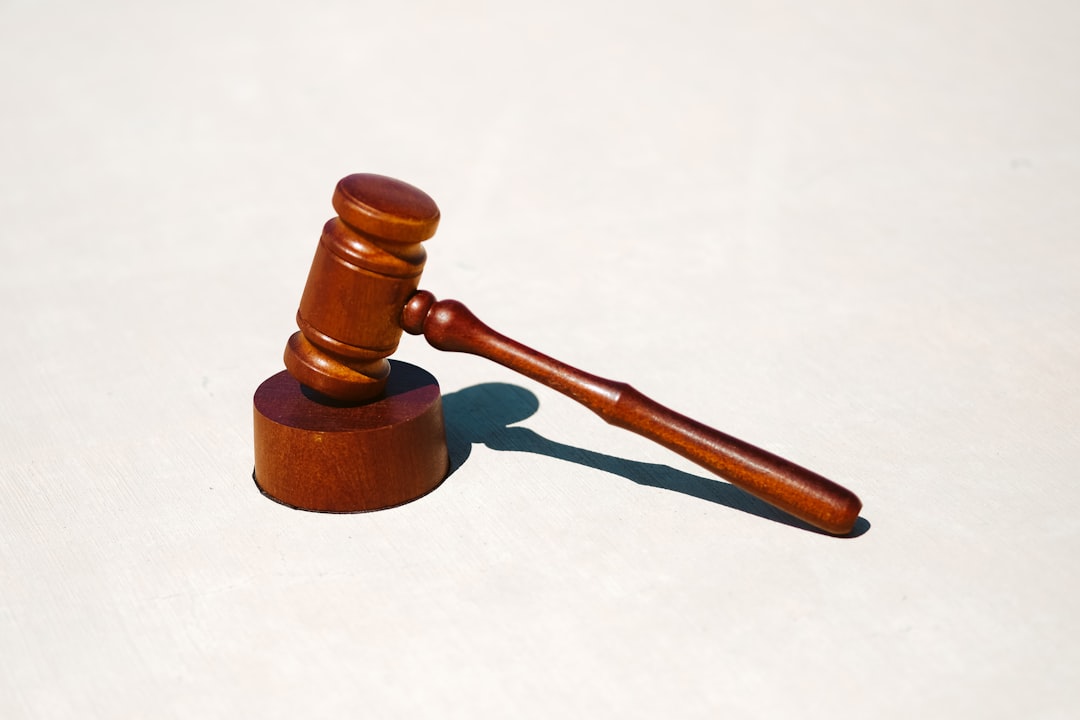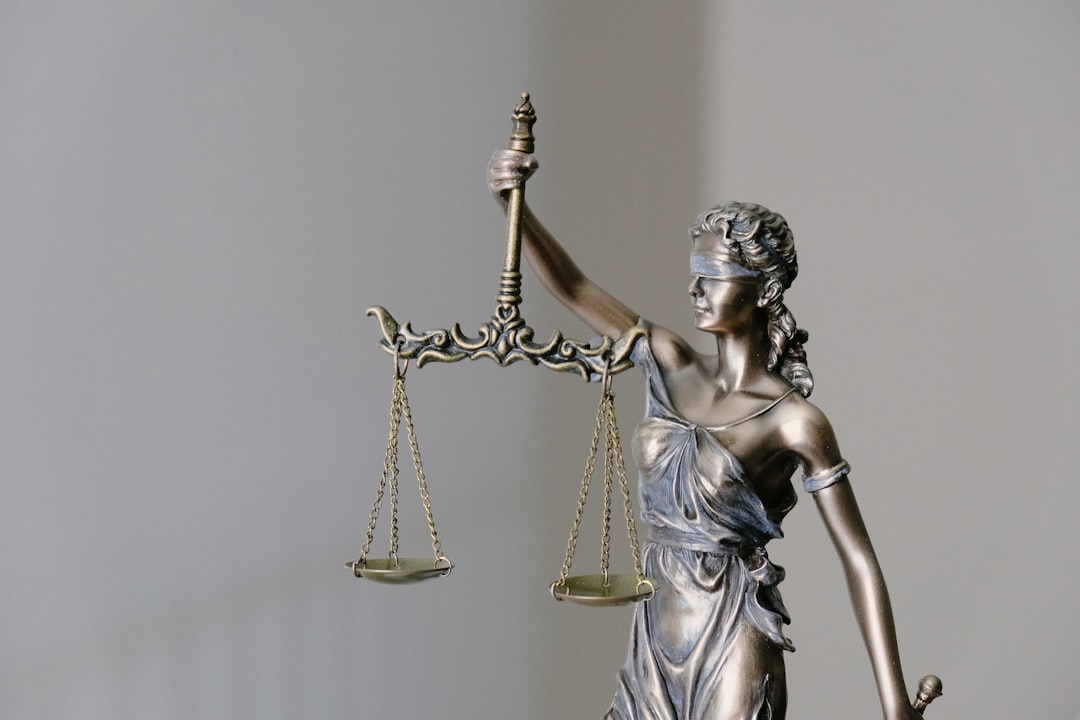Pennsylvania's legal system offers robust protection and support for sexual abuse victims through stringent laws, prompt reporting, thorough investigations, and specialized courts. Skilled sexual assault lawyers play a critical role in navigating complex trials, presenting evidence, and ensuring justice while maintaining clients' privacy and dignity. These advocates empower survivors and strive for successful outcomes against perpetrators.
In Pennsylvania, navigating sexual abuse cases requires a deep understanding of the state’s legal framework. This article delves into the critical considerations faced by courts and sexual assault lawyers alike. From deciphering evidence and testimony requirements to ensuring victims’ rights are protected, each aspect plays a pivotal role in these sensitive matters. By exploring these key elements, we aim to provide insights for both legal professionals and those seeking justice in Pennsylvania’s court system.
Understanding Pennsylvania's Legal Framework for Sexual Abuse Cases

In Pennsylvania, sexual abuse cases are governed by a comprehensive legal framework designed to protect victims and ensure justice. The state has stringent laws in place to address sexual violence, with provisions specifically tailored to support survivors through the legal process. These laws cover various aspects, including the definition of sexual assault, reporting requirements, statute of limitations, and the rights of both victims and accused. Understanding these legal nuances is paramount for anyone involved, especially when considering that a strong legal representation by experienced sexual assault lawyers Pennsylvania can significantly impact the outcome.
The framework emphasizes the importance of prompt reporting, thorough investigations, and fair trials. It recognizes the sensitivity of such cases and aims to create an environment where victims feel safe to come forward and seek justice. Key elements include protection orders, confidential medical and counseling services for survivors, and specialized courts dedicated to handling these complex matters with the utmost care and integrity.
Evidence and Testimony Requirements in Sexual Assault Trials

In Pennsylvania, sexual assault trials require robust evidence and credible testimony. Sexual abuse cases often turn on the interpretation of subtle or non-physical indicators, making it crucial for victims to have strong legal representation. A skilled sexual assault lawyer in Pennsylvania can help navigate the complex evidentiary landscape, ensuring that all relevant and admissible information is presented to the court.
This includes physical evidence like medical records, DNA results, and forensic analyses, as well as testimonial evidence from witnesses who can corroborate the victim’s story. The burden of proof lies heavily on prosecutors, requiring them to establish every element of the crime beyond a reasonable doubt. Pennsylvania courts rigorously scrutinize the handling and admission of evidence, especially in cases involving sensitive topics like sexual assault, ensuring fairness and accuracy throughout the trial process.
Roles of Sexual Assault Lawyers in Protecting Victims' Rights

Sexual assault lawyers in Pennsylvania play a crucial role in advocating for victims’ rights and ensuring justice is served. These legal professionals are specifically trained to handle sensitive cases involving sexual abuse, offering expert guidance and support to individuals who have suffered such traumatic experiences. Their primary goal is to protect the rights of victims while navigating the complexities of the legal system.
These attorneys provide a range of services, including counseling victims on their legal options, gathering and presenting evidence, and negotiating with prosecutors to secure the best possible outcome. They also ensure that victims’ privacy is respected throughout the process, helping them to feel heard and supported as they seek redress for their suffering. Sexual assault lawyers in Pennsylvania are dedicated to upholding the law and making sure that perpetrators face consequences for their actions while empowering survivors to take back control after such a violation.




